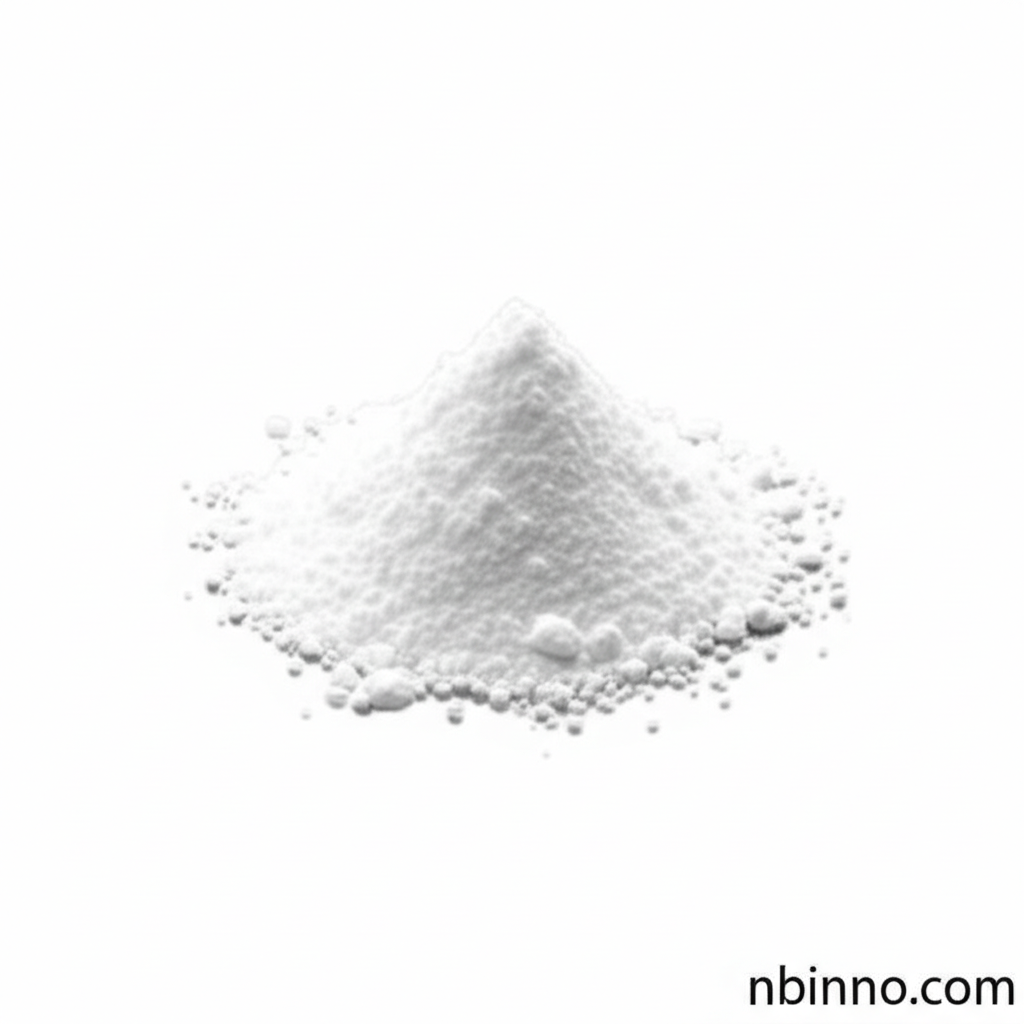3,4,5-Trimethoxycinnamic Acid: A Versatile Intermediate for Innovation
Discover the chemical properties, diverse applications, and synthesis potential of 3,4,5-Trimethoxycinnamic Acid.
Get a Quote & SampleProduct Core Value

3,4,5-Trimethoxycinnamic acid
As a key organic synthetic intermediate, 3,4,5-Trimethoxycinnamic acid is recognized for its high purity and effectiveness in a range of applications. Its primary function lies in its role as a precursor in the synthesis of critical pharmaceutical compounds and as an additive to enhance material performance.
- Leveraging 3,4,5-trimethoxycinnamic acid for pharmaceutical intermediate applications offers a pathway to novel drug development.
- The 3,4,5-trimethoxycinnamic acid chemical properties make it an excellent choice for improving adhesion in organic and inorganic material surfaces.
- Explore the diverse 3,4,5-trimethoxycinnamic acid applications, from pharmaceutical synthesis to advanced material science.
- Investigate the reliable supply of 3,4,5-trimethoxycinnamic acid CAS 90-50-6 for your research and development needs.
Advantages Provided by the Product
Enhanced Material Adhesion
By utilizing 3,4,5-trimethoxycinnamic acid, manufacturers can significantly improve the bonding performance between organic and inorganic surfaces, leading to more robust and durable composite materials.
Crucial Pharmaceutical Intermediate
The compound serves as a vital building block in the synthesis of vasodilators and other cardiovascular drugs, underscoring its importance in the pharmaceutical industry and the ongoing quest for 3,4,5-trimethoxycinnamic acid in pharmaceutical intermediate roles.
Versatile Resin Compatibility
Suitable for a broad spectrum of resins including epoxy, phenolic, and polyurethane, this acid enhances the properties of adhesives and coatings, demonstrating its utility in 3,4,5-trimethoxycinnamic acid adhesion promoter applications.
Key Applications
Pharmaceutical Synthesis
This compound is a key intermediate for synthesizing important drugs, particularly vasodilators, highlighting its significance in the field of 3,4,5-trimethoxycinnamic acid pharmaceutical intermediate development.
Adhesives and Coatings
Its ability to improve bonding in various resins makes it a valuable additive for adhesives and coatings, enhancing their mechanical strength and overall performance, which aligns with 3,4,5-trimethoxycinnamic acid applications in material science.
Composite Materials
When used as a surface treatment agent for inorganic fillers, it boosts the mechanical and electrical properties of composite materials, making it essential for advanced manufacturing processes.
Research and Development
As a readily available fine chemical, it is widely used in R&D for exploring new synthetic routes and material properties, supporting the continuous innovation in chemical research.
